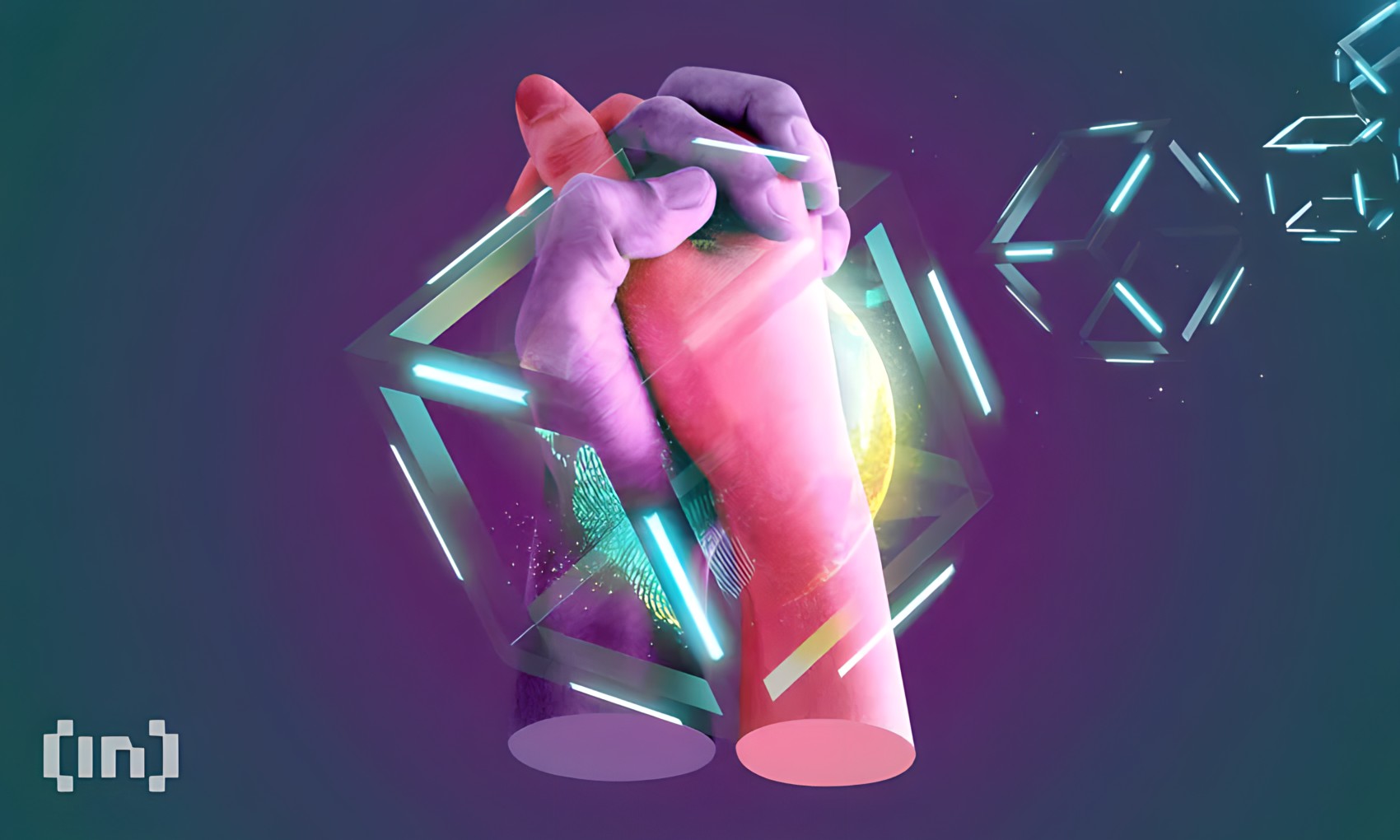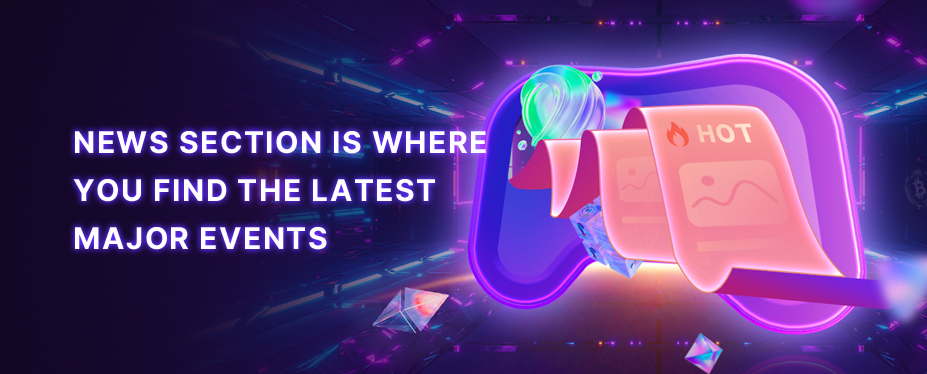Can blockchain help report cases of Guillain Barré syndrome in Peru?

Guillain-Barré Syndrome (GBS), a rare neurological disease that affects peripheral nerves, has raised concerns in Peru due to a significant increase in cases, in the face of this crisis, new solutions such as technology blockchain might provide some hope.
The country has declared a national health emergency to address this outbreak and take measures to protect the population. The Pan American Health Organization presented an official note with this month. The results were not very encouraging.
The technology blockchain could have a relevant role in Public Health
“It corresponds to the Ministry of Health and the National Institute of Health to carry out the actions in the Action Plan "SANITARY EMERGENCY DUE TO THE UNUSUAL INCREASE OF CASES OF GUILLAIN BARRÉ SYNDROME AT THE NATIONAL LEVEL", within the framework of the provisions of the Regulation of Legislative Decree No. 1156, which dictates measures to guarantee the service health public in cases where there is a high risk or damage to health.”
In the midst of this crisis declared as a national emergency, a question arises: Can the technology blockchain help deal with the health emergency of Guillain-Barré Syndrome in Peru?
Before exploring the potential role of blockchain , it is important to understand the nature of GBS and the challenges facing Peru. GBS is often preceded by bacterial or viral infections that affect the nerves of the body.
The immune system mistakenly attacks healthy nerves, leading to muscle weakness, paralysis, and in some cases, death. The lack of a cure and the need for long-term treatment make prevention and rapid response critical.
In this context, technology blockchain offers several advantages that may improve the way Peru handles the GBS outbreak. The most relevant feature of the blockchain is its decentralized and secure nature. By using a network of distributed nodes, medical information and case reports can be stored in a manner that is transparent, immutable, and accessible to all interested parties.
The technology blockchain confirms relevant role in healthcare industry
Although, blockchain is known by other applications like the environmental , the truth is that it promises to have an interesting role in the field of health.
A possible application of blockchain in the fight against GBS is the creation of a case registration system. When a patient is diagnosed with GBS, their medical information and case details can be recorded in the blockchain in a secure and private way. This would allow health professionals to access a complete history of each patient, facilitating faster and more accurate diagnosis, and guaranteeing more effective medical care.
Also, the transparency of the blockchain can be beneficial for epidemiological surveillance. GBS case data can be shared in real time between health institutions and authorities, which allows for a faster and more coordinated response to any unexpected increase in cases. The rapid identification of patterns and trends could help prevent the spread of the outbreak and save lives.
The technology blockchain in Peru: a source of trust in the midst of a crisis
Trust is another key aspect of blockchain. The Peruvian population could trust that health data is handled securely and is not tampered with. Also, since the data is decentralized, the threats of hacks and exploits security would be significantly reduced.
In addition to case management and epidemiological surveillance, blockchain could improve the allocation and use of resources in the fight against GBS. With the transparency of the blockchain , citizens and charities could donate directly to support medical research and treatment.
This could expedite the process of acquiring immunoglobulin and other resources necessary for patient care.
While blockchain offers a number of benefits, it also presents challenges. The implementation of this technology would require a strong infrastructure, proper education for medical personnel, and support from the government and health institutions.
In addition, the privacy of patient data must be carefully addressed, ensuring that only authorized parties can access sensitive information.
Employing technology blockchain in healthcare
According to Deloitte , healthcare could undergo a significant transformation thanks to technology blockchain . This would make it possible to place the patient at the center of the health ecosystem, significantly improving the security, privacy and interoperability of medical data.
Also, with its apps like the digital identity there is a glimpse of the possibility of a new model for health information exchanges (HIEs), making electronic medical records more efficient, secure and without intermediaries.
While not a silver bullet, this new, ever-evolving field opens up a promising arena for experimentation, investment, and proof-of-concept.
It is important to recognize that Blockchain is not a stand-alone solution, but rather a complementary tool that should be integrated with other public health and medical strategies. With the right support, blockchain could offer new hope to meet the challenge of Guillain-Barré Syndrome and improve healthcare in the country.





